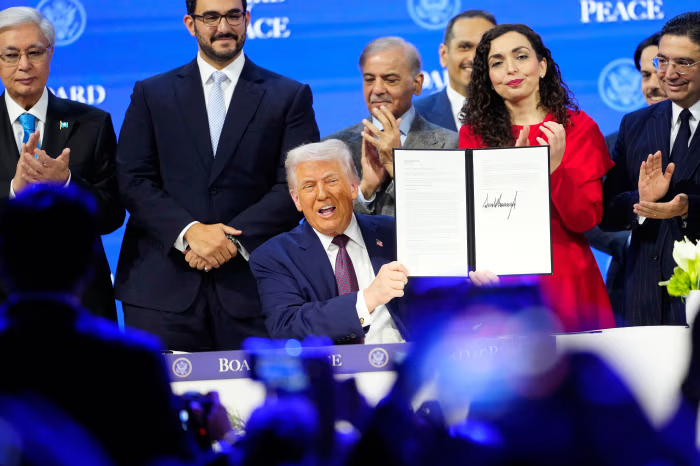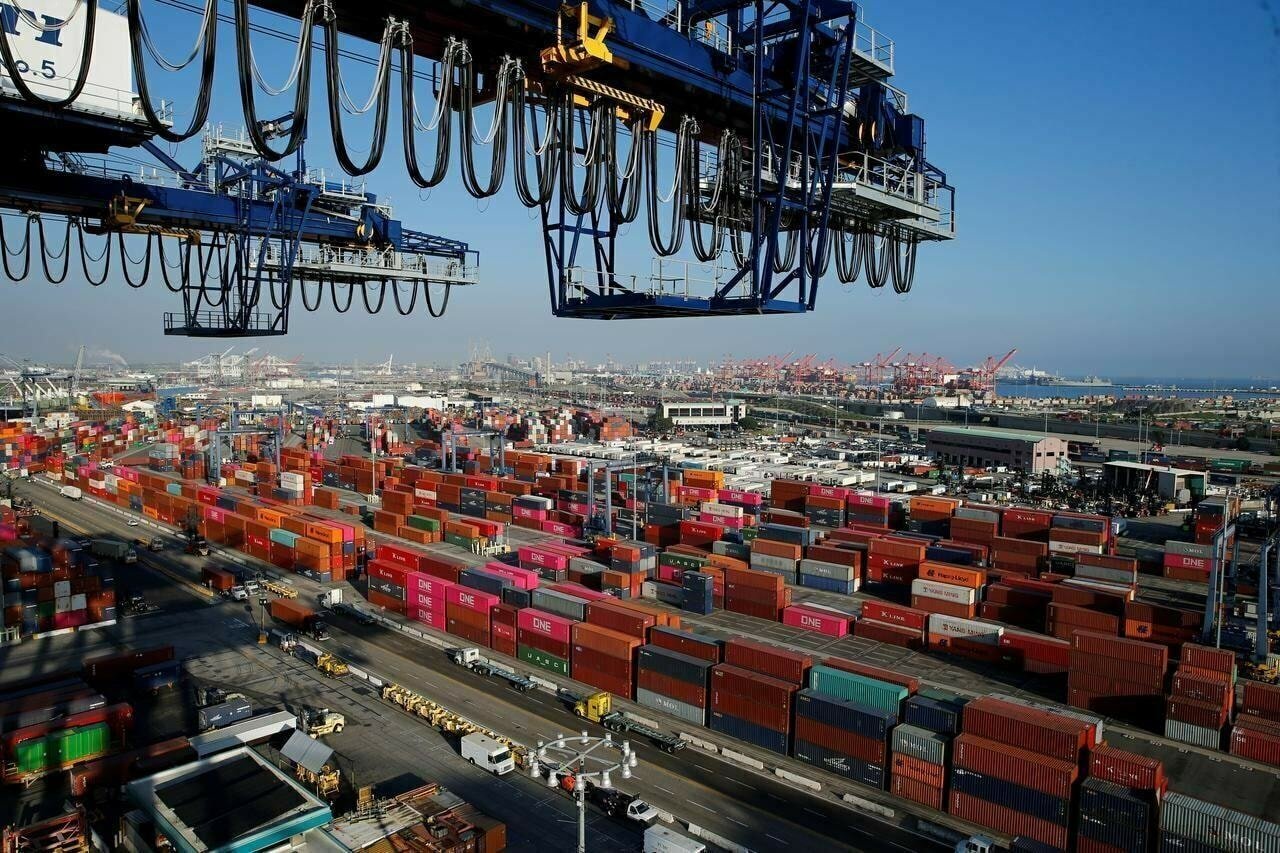By Dr. Muhammad Kaleem
Every nation on this planet covets progress and development in every field of life. But, it is also a reality that while some countries are making huge headways in the realm of progress and development, others are still grappling with extreme poverty. Latest data suggest that nearly 1.3 billion people live in extreme poverty — less than $1.25 a day. There are many countries in the world that do not possess ample resources to feed their populations. So, they have to depend on aid and grants from developed countries or international financial institutions.
In today’s globalized world, every nation-state needs to maintain trade relations with other nation-states in order to run the country’s affairs. For this, they need also to depend on development banks, international donor agencies, and other financial institutions so that inter-state trade and relations fare as per the norms of international law and fairness in the deals is maintained.
Developing countries like Pakistan in their struggle for self-reliance need international assistance and foreign investment so as to fund the development projects in the country. Historically, the countries which got freedom from the colonial powers remained dependent on the developed countries except those which realized the need of making developments by relying on themselves rather than on foreign aid and loans. Unfortunately, successive governments in Pakistan resorted to running the country on foreign loans and aid. Consequently, the country is tangled in an intricate web of debt burden and deficit financing.
At present, Pakistan is the third largest debt-recipient country in the region. Its external debts have reached 33 percent of the GDP as compared to India’s 15 percent and China’s 7 percent.
When Pakistan became independent in 1947, it had meager resources, and the establishment of basic infrastructure was the biggest challenge for the nascent state. Moreover, the looming threat of Indian hegemony was also aggravating the situation. So, Pakistan reached the USA for military and economic assistance and because of these factors, the country joined the capitalist bloc in the Cold War era. From the very beginning, Pakistan’s growth model had been based on foreign dependence rather than capital accumulation from within the country. This policy led to an increase in debt and a greater import-export imbalance. Economic policies adopted by successive governments were pro-rich; for example, Ayub Khan opted for trickle-down policies that only increased the gap between the haves and have-nots. This policy impeded the country’s process of raising its own capital and reforming the tax regime. Although a lot of foreign capital was available, the rich as well as those in power did not bother taxing themselves. So, the governments had to rely heavily on indirect taxation which caused more poverty and further burdened the poor.
Development and growth through foreign aid are a myth. Foreign loans and grants always come with certain conditions that, in effect, mean the country at the receiving end must not only bear an increased debt burden but also has to follow some conditions. Hence, such a loan is like a double-edged sword as it, on the one hand, fails to sufficiently fulfilling the needs of the recipient country while further piling up the debt, on the other. The incumbent PML-N government is also treading the same beaten track and is relying heavily on foreign lending which would cause more problems. The government needs to increase the tax base by improving the taxation system and imposing direct taxes on rich landlords and big businessmen. Like its predecessors, the present government is trying to increase its revenue through indirect taxes. Nothing solid has been done in order to strengthen the Federal Board of Revenue (FBR) where corruption prevails and an utter disregard for merit and consistency in policies is taking a heavy toll on the country’s economy.
The government needs to introduce radical reforms and carve out prudent, pragmatic policies. The country’s defense expenditure should be reduced as in this modern world of nuclear warfare having a large arsenal of conventional weapons is not a wise option.
Pakistan’s economy is reeling under the claws of the elite of the country and this class is also at the helm of the country’s affairs. Whenever an attempt is made to broaden the tax net, only a few privileged individuals become a hurdle and thwart the emergence of progressive taxation. Unless this handful of people is meritedly taxed, the economy cannot improve. Big landlords do not pay taxes on their incomes. Although, laws on agriculture tax have been imposed by the provincial governments yet those are too weak and are like a nose of wax. Moreover, some landlords are out of the tax net and exploiting their clout at the local level, they do not pay Abiana/ Water rate or other government dues. Hence, stricter implementation of the law is the most pressing need of the hour.
Pakistan’s tax machinery is weak and collects only a paltry amount in direct taxes whereas corruption is also rampant in it. The Tax Amnesty Schemes launched by different governments have failed to get the desired results. Radical reforms in this realm are direly needed. Provincial taxation regimes are required to reform along the lines of Federal tax regimes. Then, there is a dire need to revamp the national taxation structures in order to collect taxes and also ensure the growth of the economy. A taxation is inherently a regressive approach. However, with the larger growth of the business, taxation always gets better results.
Pakistan’s aid dependence is rooted in the very structure of the economy. It has been shaped by an institutional framework that restricts the process of savings and investments to the elite. Therefore, aid dependence can be overcome only by restructuring the economy through an institutional change that enables the middle class and the poor to participate in the process of savings, investment, and innovation. Pakistan is required to ensure local growth and dependence. Foreign aid hinders nationalistic agendas and promotes subservient foreign policy.
The writer holds a PHD degree in Political Science.















